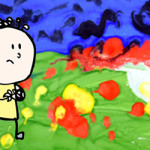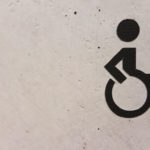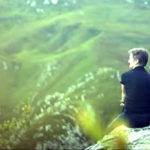The School of Life has a great suggestion this week: walk. Yes, I know you probably are fortunate enough to walk every day but do you walk walks?
The Shortest Journey: On Going for a Walk around the Block
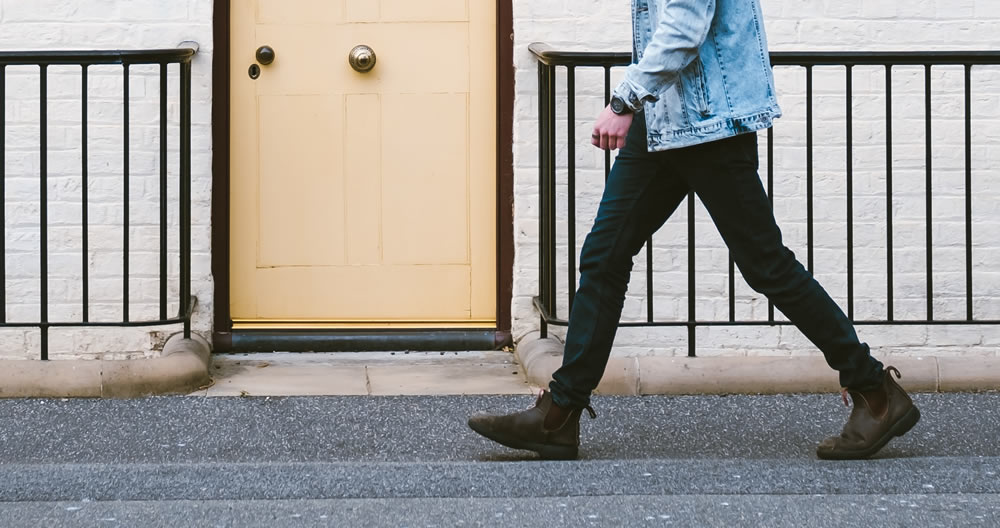
A walk is, in a sense, the smallest sort of journey we can ever undertake. It stands in relation to a typical holiday as a bonsai tree does to a forest.
But even if it is only an eight-minute interlude around the block or a few moments in a nearby park, a walk is already a journey in which many of the grander themes of travel are present.
The need to go for a walk begins from the same place as the longing to take off to another country: with a desire to restart our minds. We sometimes cannot work it all out by staying rooted in one place. We have stared at the screen too long, we have been bumping into the same inner obstacles without progress, we have grown claustrophobic with ourselves.
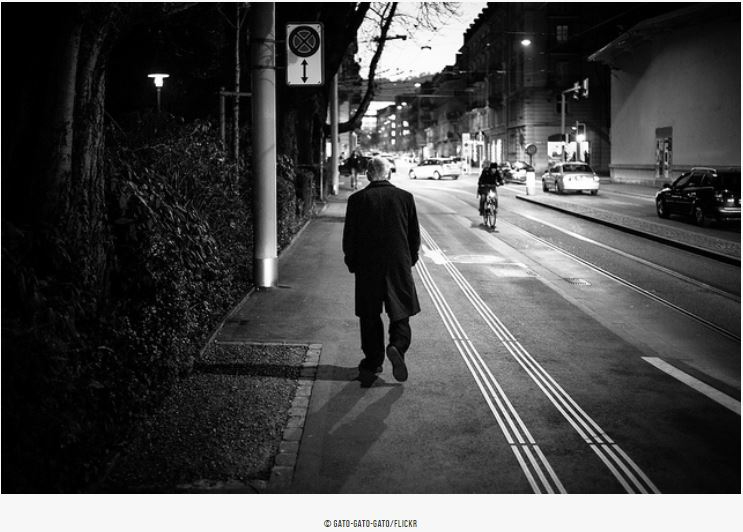
That is why we need the sight of the three oak trees and two robins by the river or the maelstrom of the high street, where we linger outside a grocer’s shop and wonder (inconclusively, yet again) what a yam might taste like. The better part of our minds has a habit of getting exhausted and sterile. It is scared as well. Some of the most profound thoughts we need to grapple with have a potentially disturbing character. An inner censor tends to kick in and blocks the progress we were starting to make towards ideas that – though important and interesting – also presented marked threats to short-term peace.
While we walk, the mind is no longer on guard. We’re not supposed to be doing much inside our heads; we’re mainly occupied with following a path around a pond or checking out a row of shops. The ideas that have been half-forming at the back of our minds, ideas about what the true purpose of our lives might be and what we should do next, keep up their steady inward pressure – but now there is a lot less to stop them reaching full consciousness. We’re not meant to be thinking and so – at last – we can think freely and courageously.
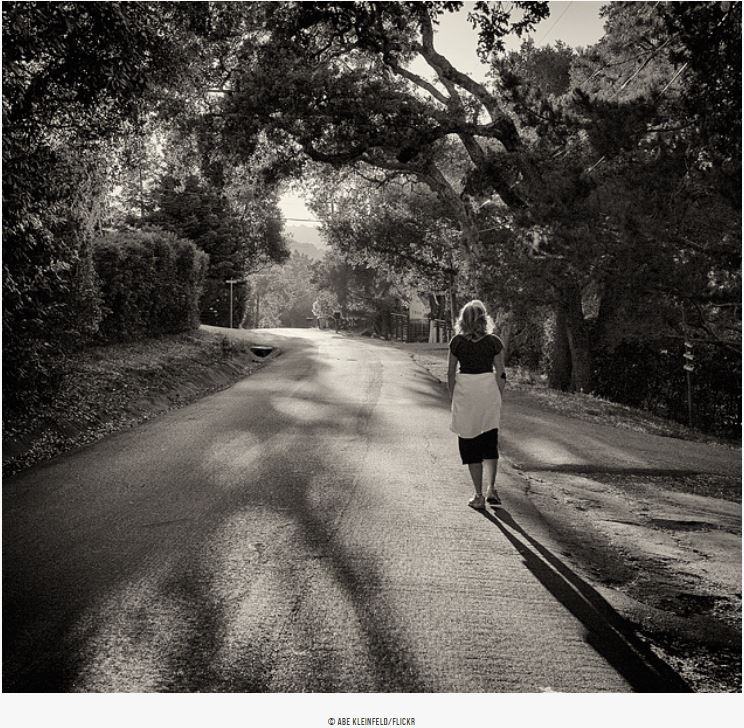
The rhythmic motion of an easy stride helps to separate us from the ruts of our current preoccupations and allows us to wander more freely through elected regions of our inner landscape. Themes we’d lost touch with – childhood, an odd dream we had recently, a friend we haven’t seen for years, a big task we had always told ourselves we’d undertake – float into attention. In physical terms, we’re hardly going any distance at all, but we’re crossing acres of mental territory.
A short while later, we’re back at the office or at home once again. No one has missed us, or perhaps even noticed that we’ve been out. Yet we are subtly different: a slightly more complete, more visionary, courageous and imaginative version of the person we knew how to be – before we wisely went out journeying.











